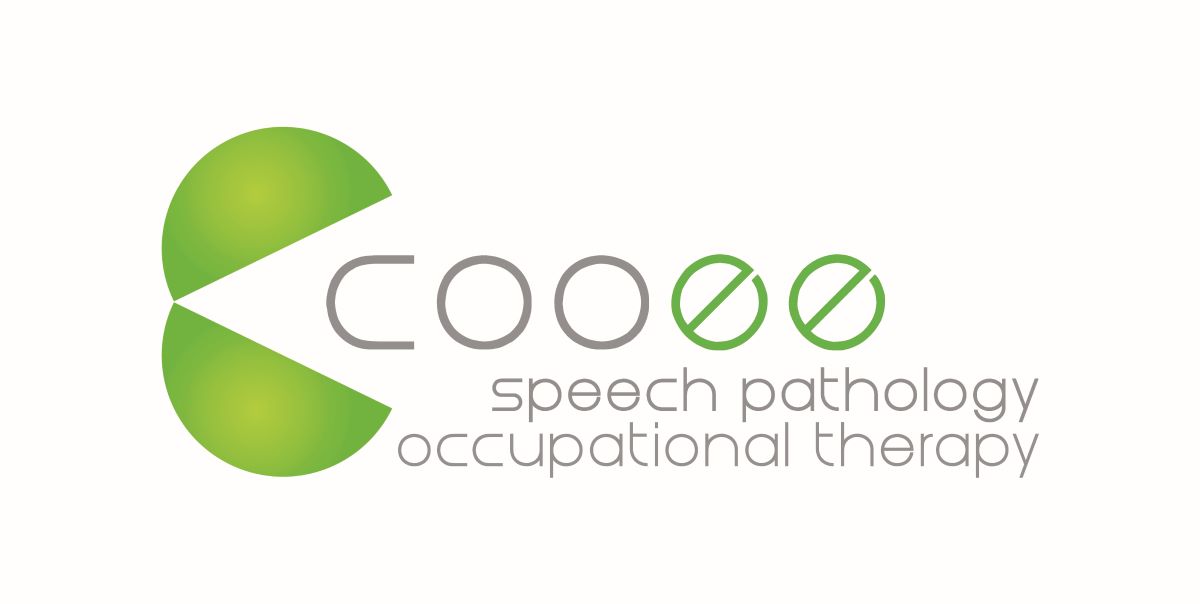What’s On A Dietitian’s Plate?
Did you know there are upwards of 30 steps involved in eating? From looking at the food, to chewing the food and swallowing it safely, mealtimes can be a lot more complicated than they appear.
Part of a Speech Pathologist’s role is supporting clients and their families who present with feeding difficulties. This might look like working with clients with difficulties regarding swallowing food effectively, sensory aversions to food and/or negative associations or heightened emotions regarding eating and mealtimes. Overall, our goal as Speech Pathologists is to ensure that we support clients in becoming lifelong, happy, healthy eaters.
But speechies are only one piece of this puzzle. We also work closely with Occupational Therapists and Dietitians.
In a nutshell, what is the scope of a Dietitian?
- Understanding how food brings meaning to a person’s life and supporting a person’s quality of life and nutrition through food
- Providing evidence based information and education relating to nutrition
Who do Dietitians work with?
 Dietitians work with clients who:
Dietitians work with clients who:
- have difficulties with food access;
- have difficulties with swallowing (e.g. and require texture modification);
- receive nutrition through a tube inserted into their nose to their stomach or their stomach directly;
- are accessing the NDIS and/or present with a disability;
- present with eating disorders, gastrointestinal concerns or diabetes;
- require support with nutrition regarding their overall growth and development; and
- are “fussy eaters” or problem feeders.
In what settings do Dietitians work?
- Hospitals;
- Clinics; and
- Community settings.
How do Dietitians and Speech Pathologists work together in supporting a client through their feeding journey?
1. Communication:
- Clients who use alternative and augmentative means of communication (e.g. gestures, signs, symbol/picture cards or a high tech device [e.g. an iPad] etc.).
- Speech Pathologists can support clients in being able to effectively express their wants and needs, and advocate for themselves within their own feeding journey.
- Speech Pathologists can support Dietitians in successfully engaging with a client who uses alternative and augmentative communication to ensure a collaborative feeding journey process.
2. Food:
- Texture modification:
- Speech Pathologists can determine the ‘what’ or the diagnosis for the feeding difficulty, as well as prescribe what type of food may be safest for a person to swallow (e.g. thickened fluids).
- Dietitians provide the ‘how’ in what that modification could look like in a person’s everyday mealtimes (e.g. what sort of fluids are deemed ‘thickened fluids’) to ensure the person finds enjoyment in their foods while also meeting their textural and nutritional requirements.
- Introduction to solids:
- Speech Pathologists can support a young child in how to safely transition from, for example, puree foods to solid foods (e.g. crunchy and chewy foods).
- Dietitians can provide practical examples of what sorts of solids a child could introduce into their diet within the guidelines of what is safe for them to eat as determined by a qualified Speech Pathologist.
- “Fussy eaters” and problem feeders:
- Speech Pathologists can identify clients who present with difficulties regarding their feeding. They also support clients in their development of oromotor muscles (muscles required for eating and drinking), tolerance and acceptance of food etc. and support clients in becoming lifelong happy, healthy eaters.
- Dietitians support clients and Speech Pathologists with functional and realistic options for what foods fit within the realm of what a child is currently tolerating, and what foods they are working towards accepting and eating.
What are some signs to look for in knowing when to seek support from a Dietitian?
 Concerns with growth and overall development (e.g. any sudden deviations in a child’s growth chart;
Concerns with growth and overall development (e.g. any sudden deviations in a child’s growth chart;- Prevention – any concerns regarding a child’s feeding or dietary intake, dietitians can support a client in preventing concerns from developing into a ‘problem’;
- Sudden changes in a child’s dietary intake;
- A parent is frequently making a “special meal” for a child;
- A child is becoming more upset around mealtimes and food than their peers;
- A child is refusing food that they would normally eat when they are hungry;
- A client who has had a hospital stay for any amount of time; and
- Monitoring a client’s nutrition (e.g. if they have previously or are currently receiving feeding therapy or nutritional support).
Dietitians and Speech Pathologists play an important part in supporting clients who present with feeding difficulties. However, they also play an imperative role in prevention. If you have any concerns regarding your child’s feeding, I would recommend you consider consulting a Speech Pathologist and Dietitian to ensure holistic and effective support regarding your child and their relationship with food and mealtimes.
For more information, please visit Cooee’s website at https://www.cooeespeech.com.au/, or visit Simply Nutrition Dietitians website at https://www.simplynutritiondietitians.com.au/.

Robbie Corgat
Speech Pathologist
